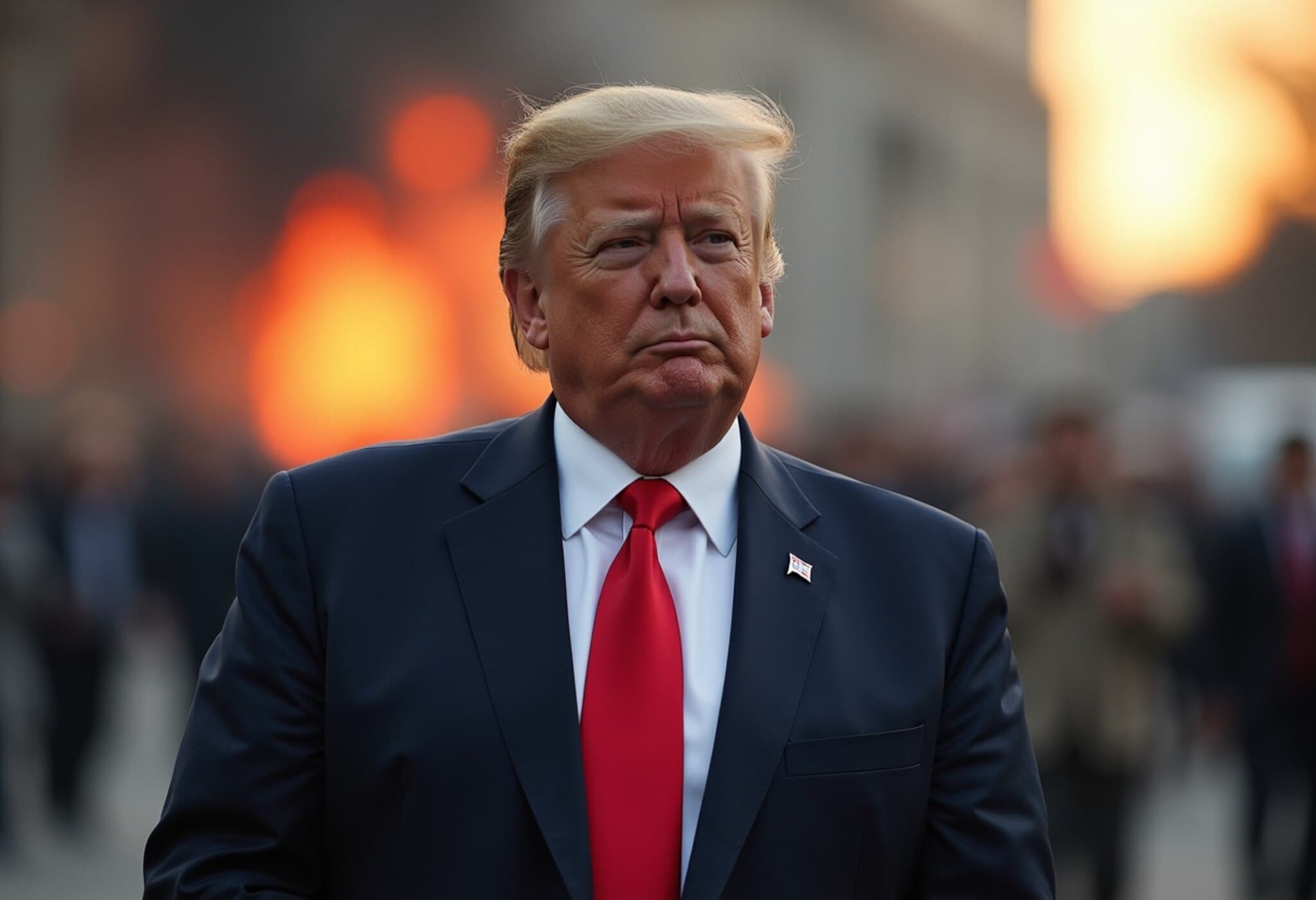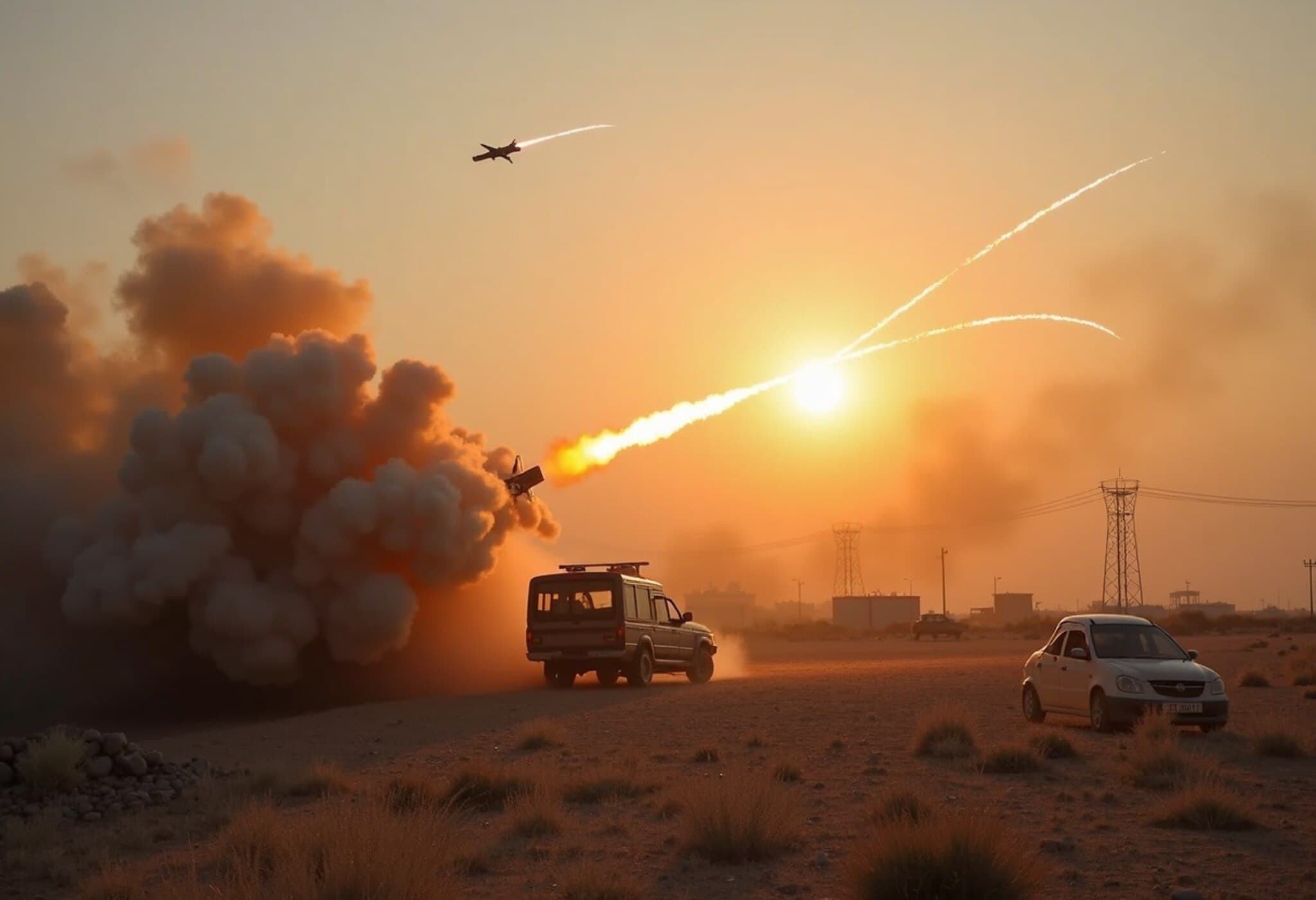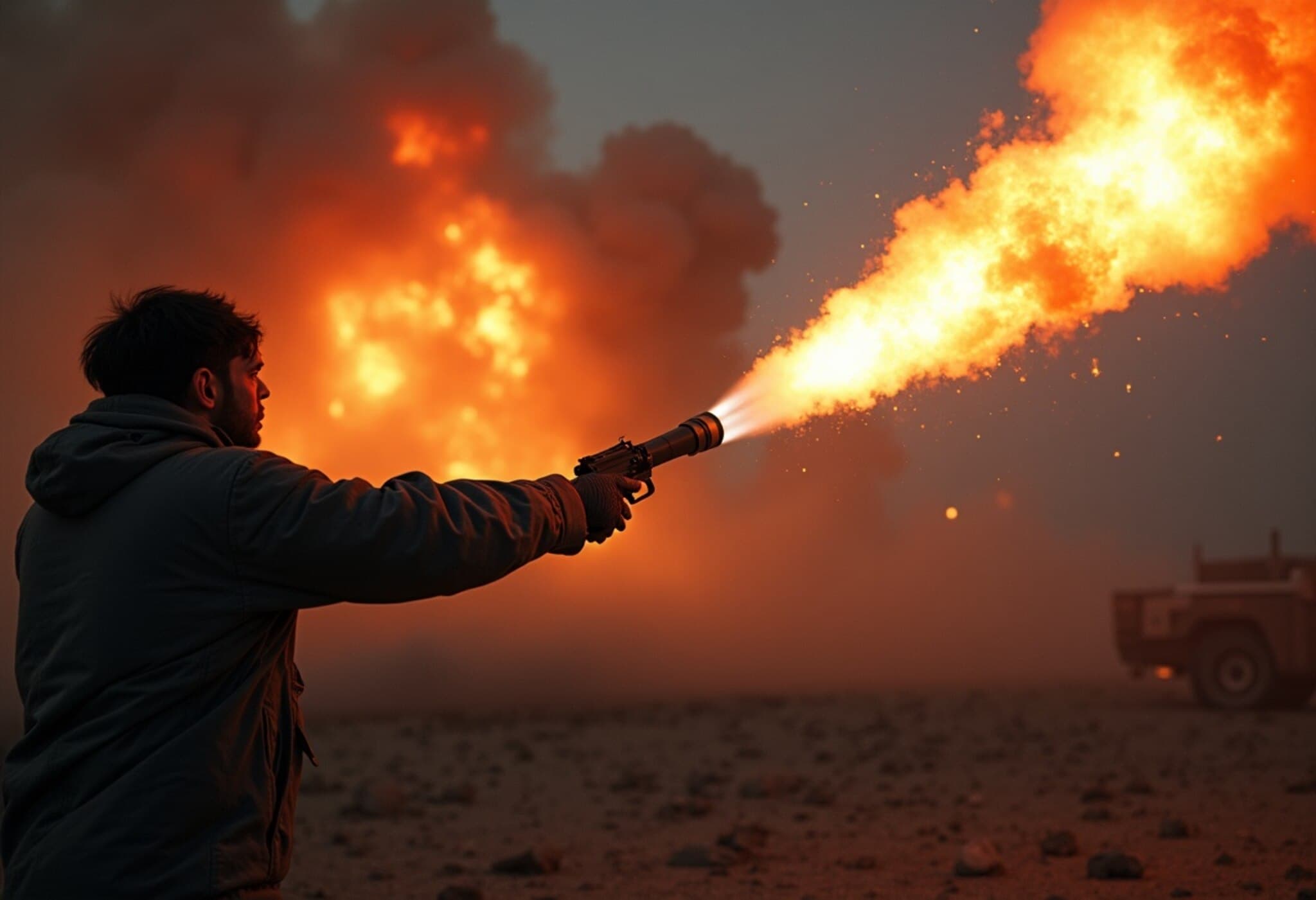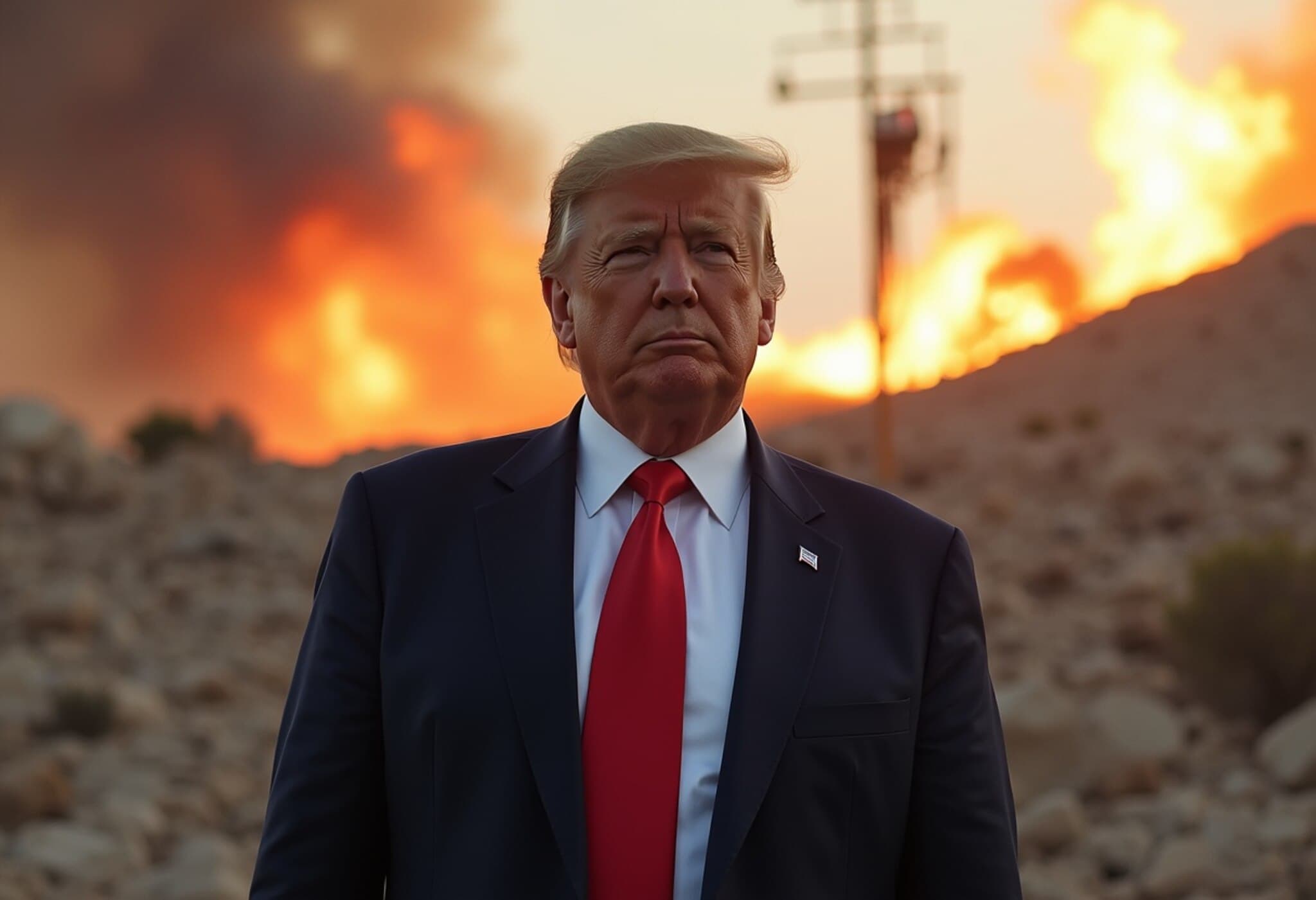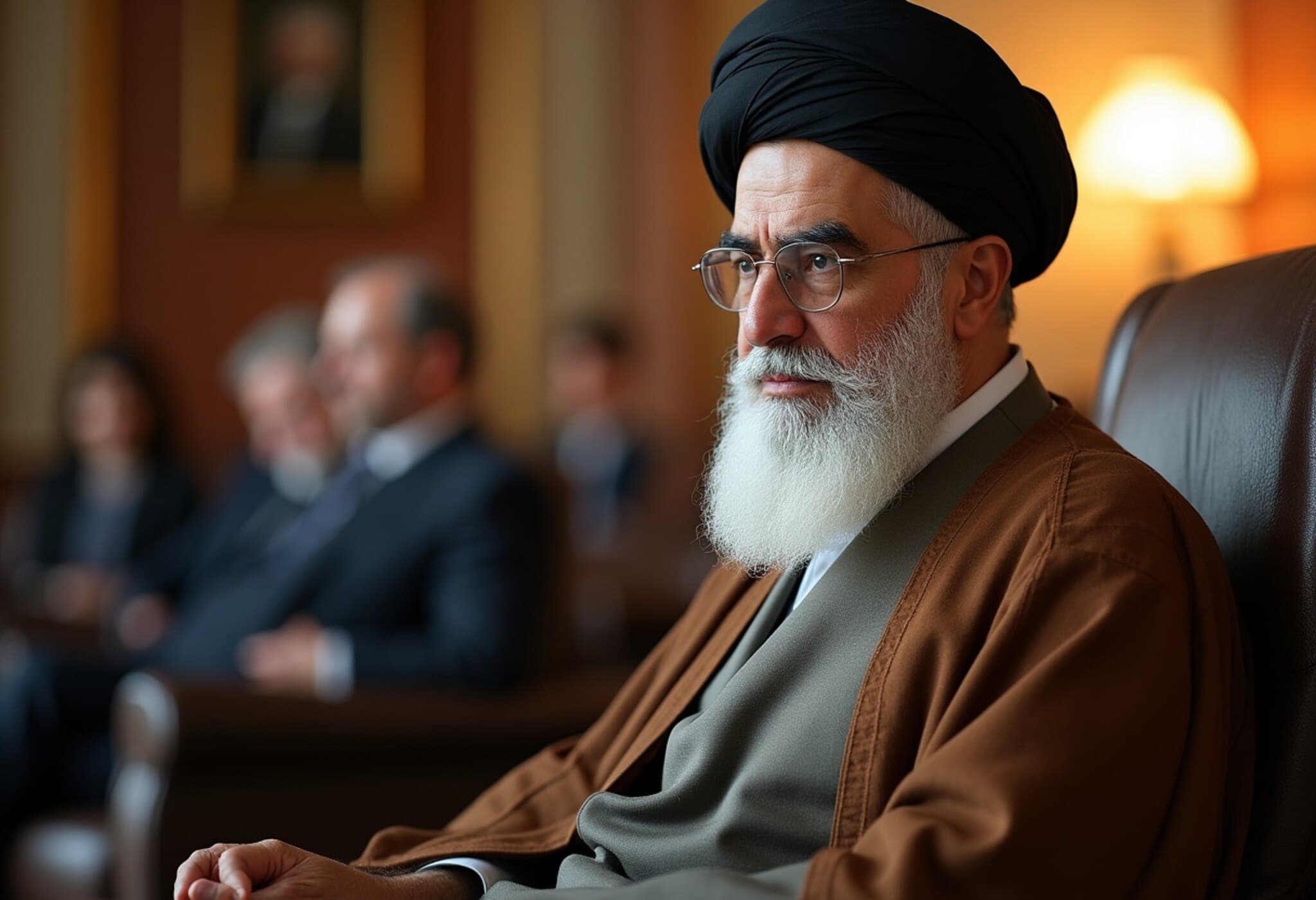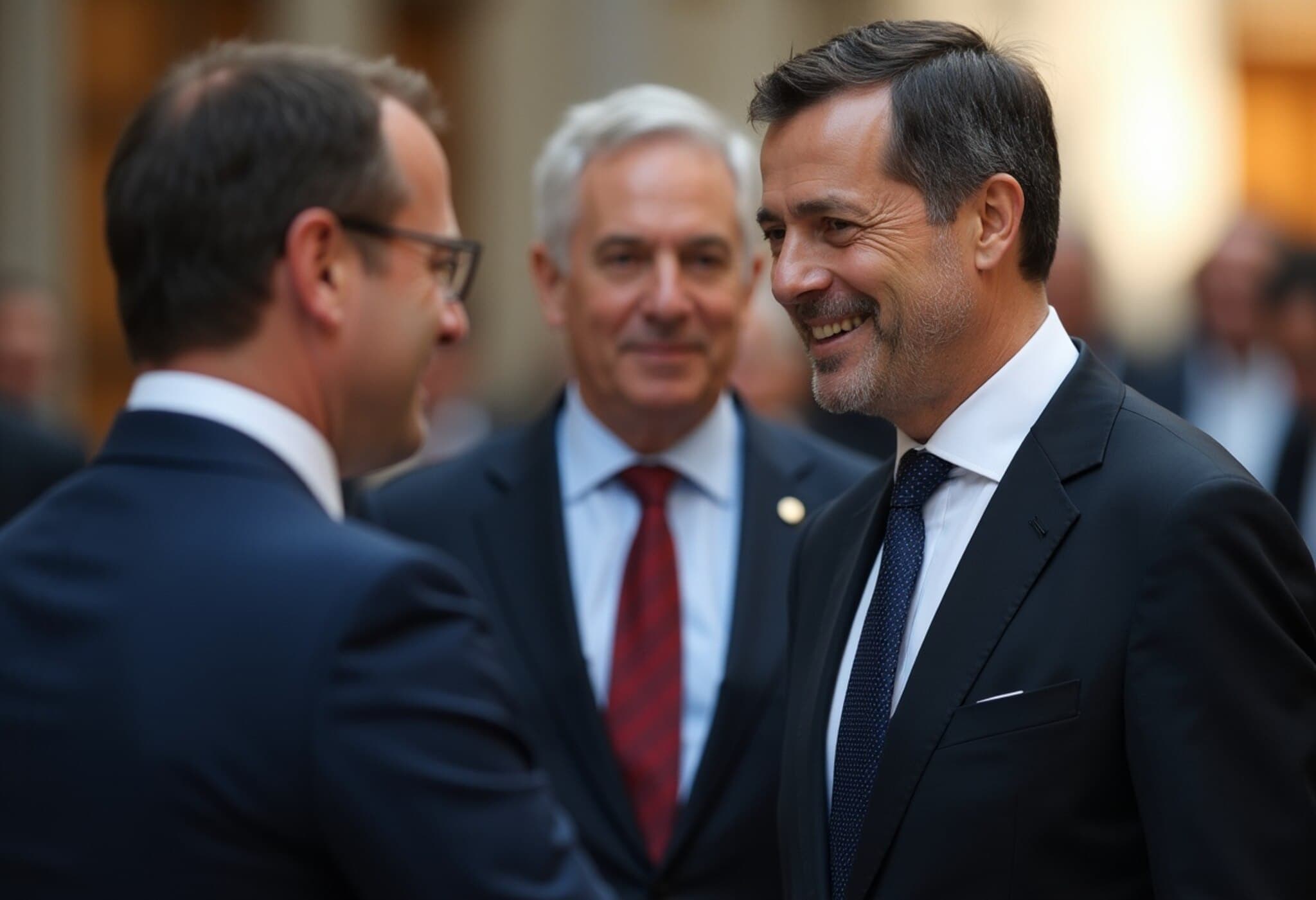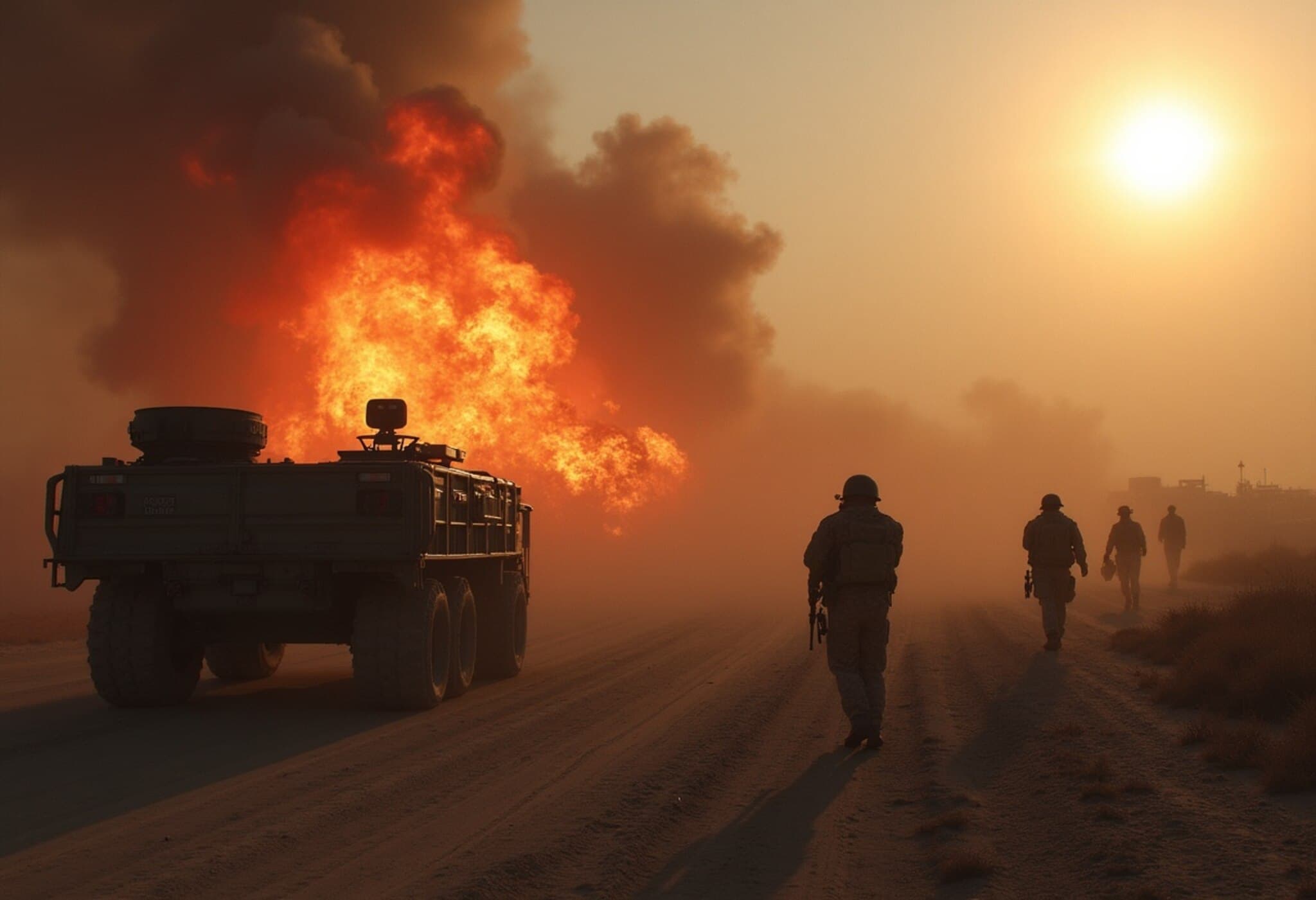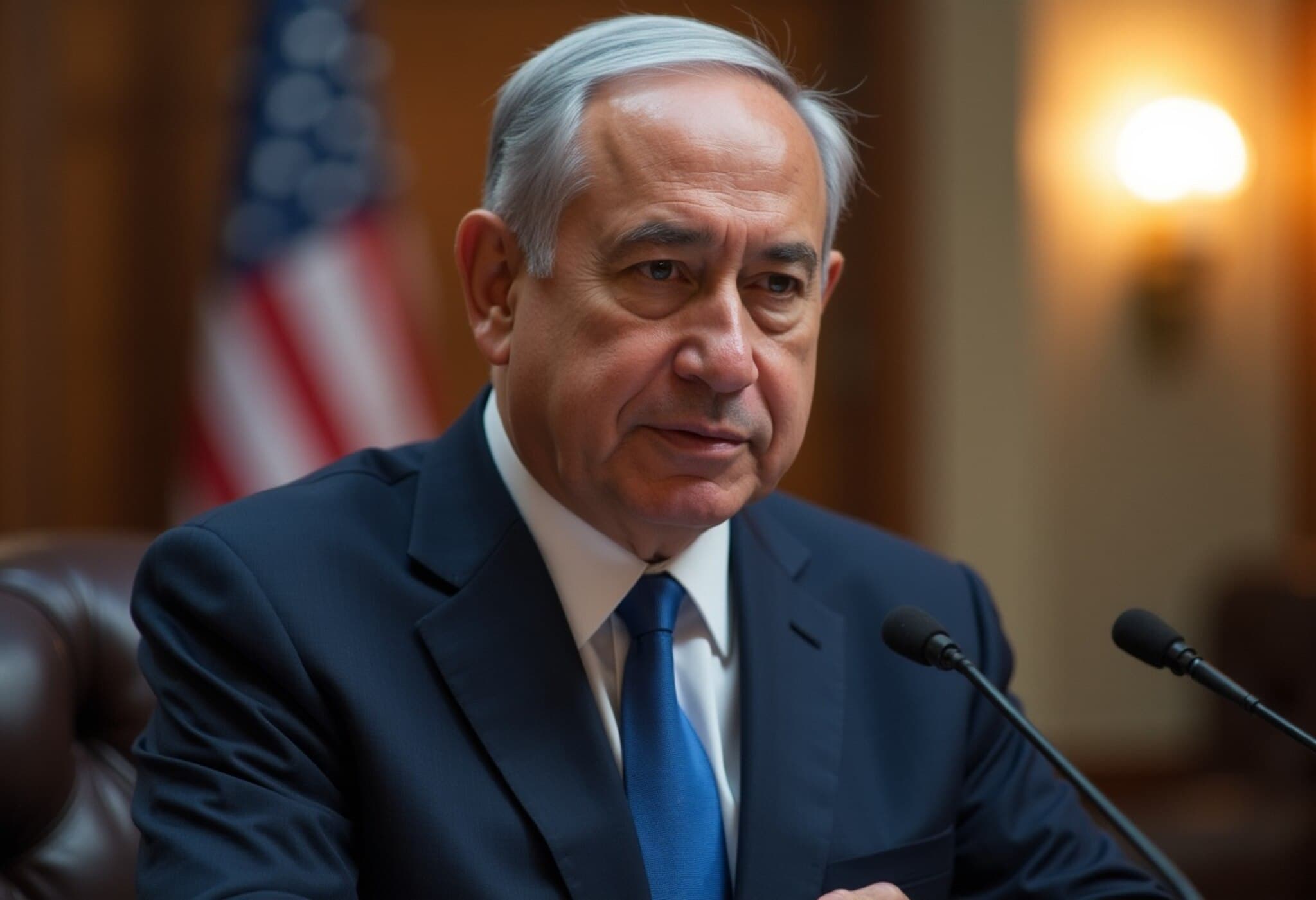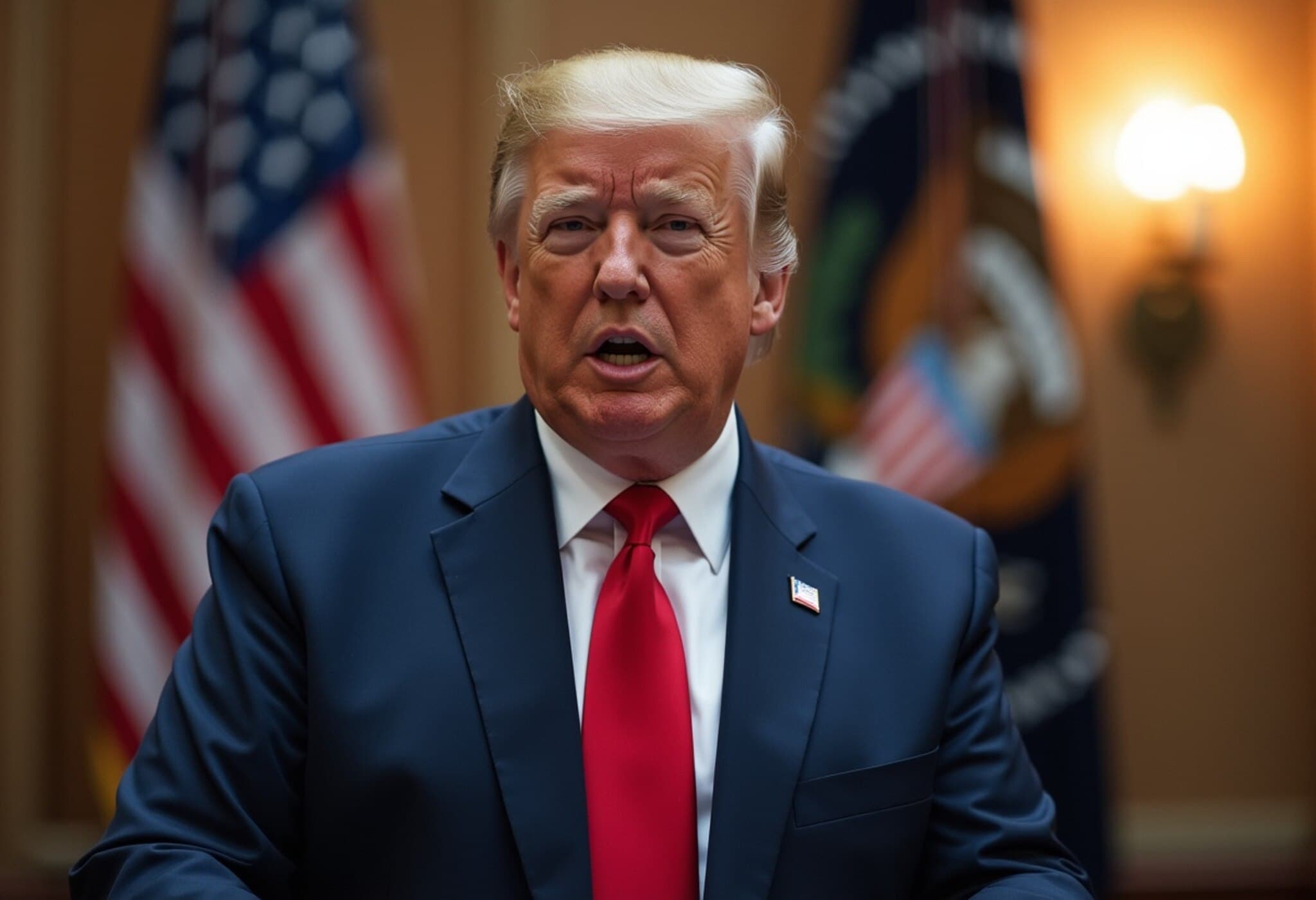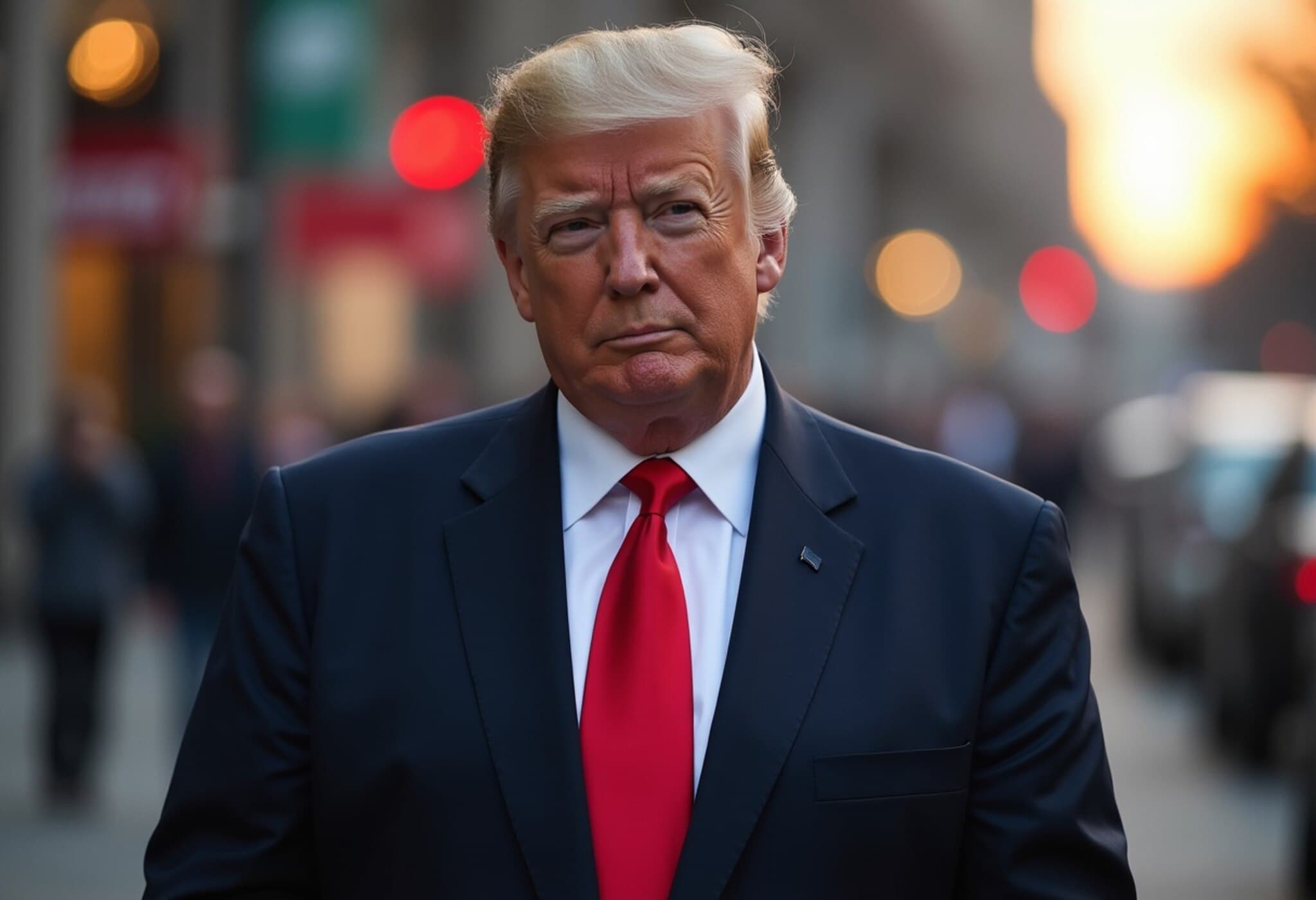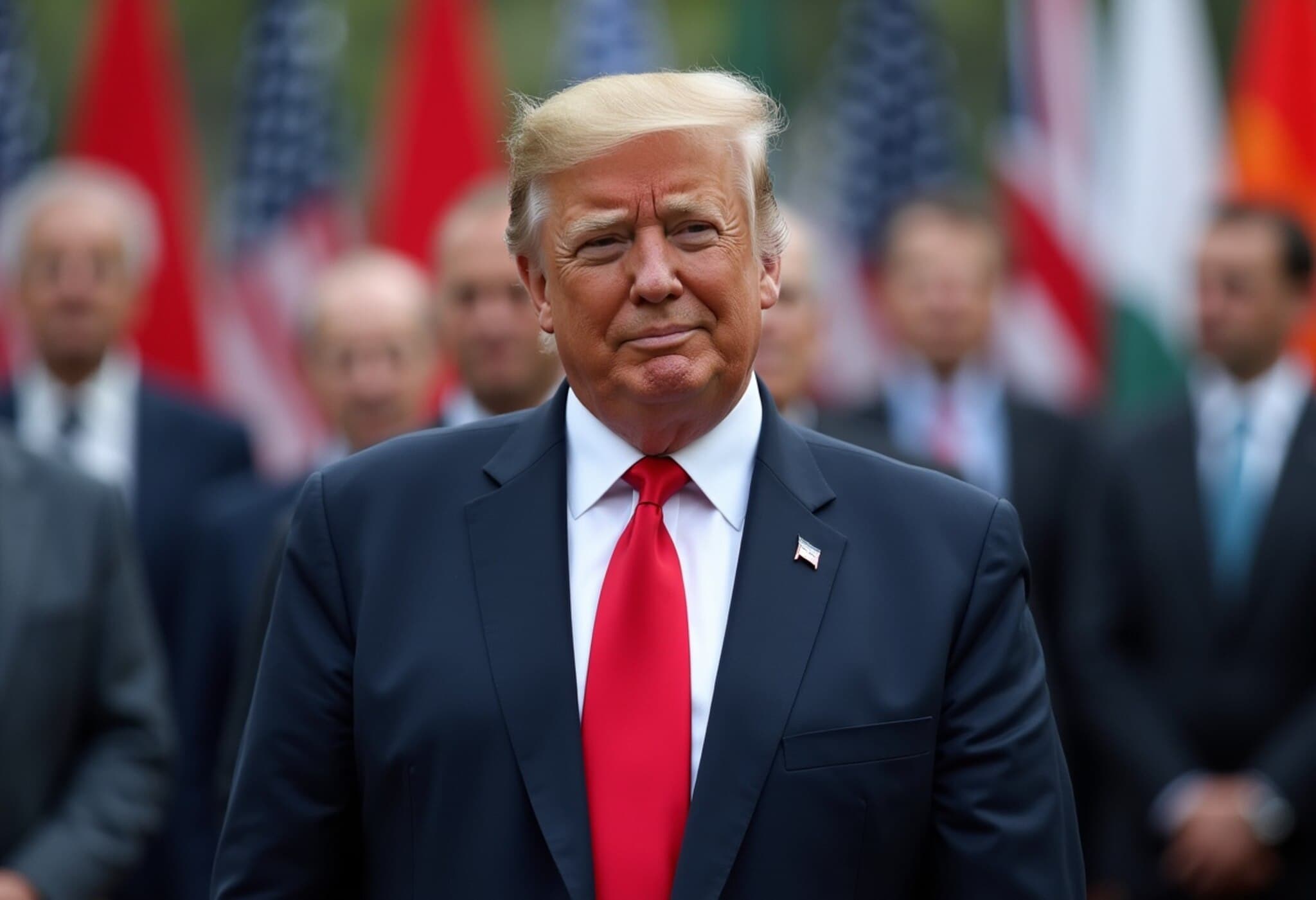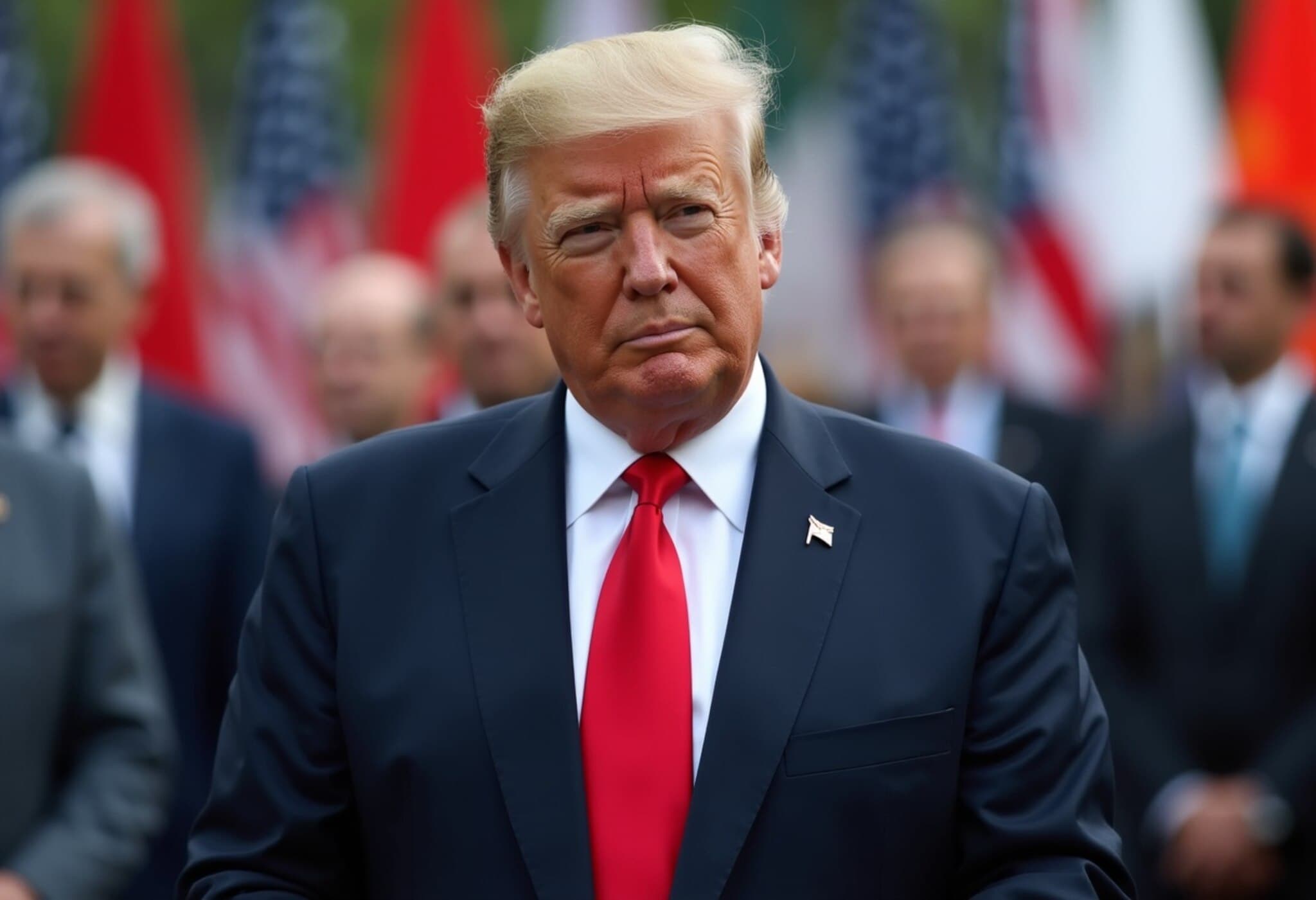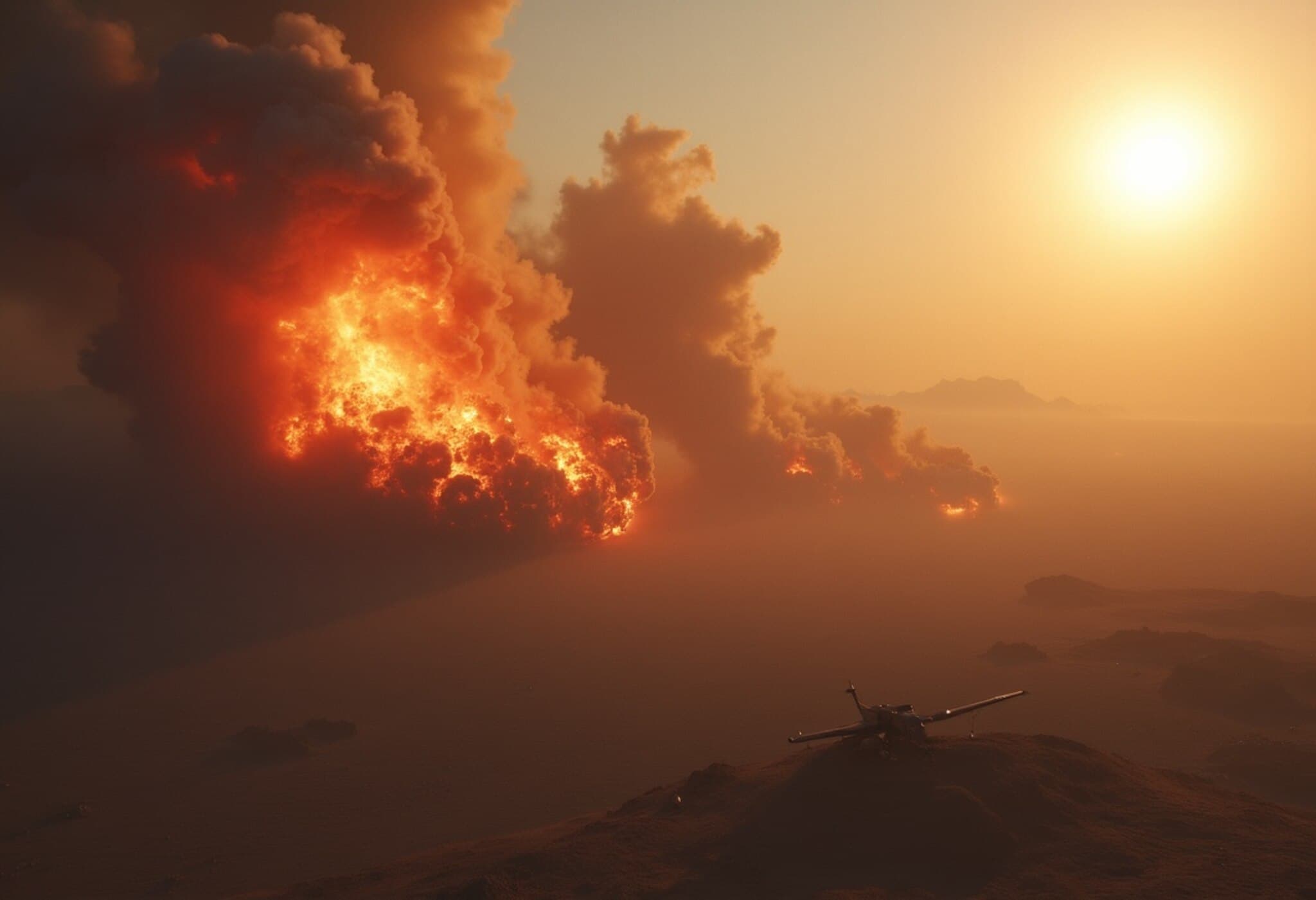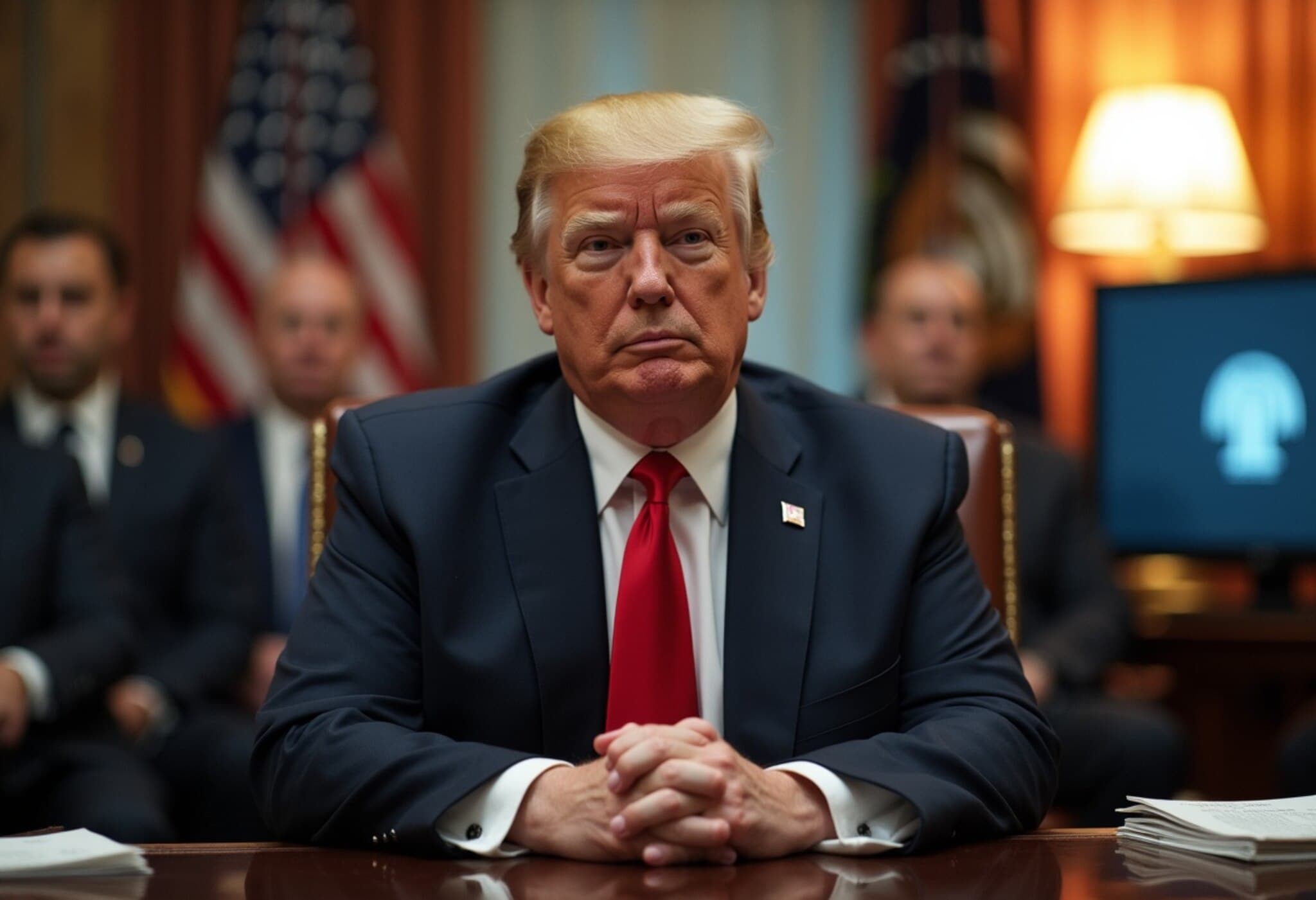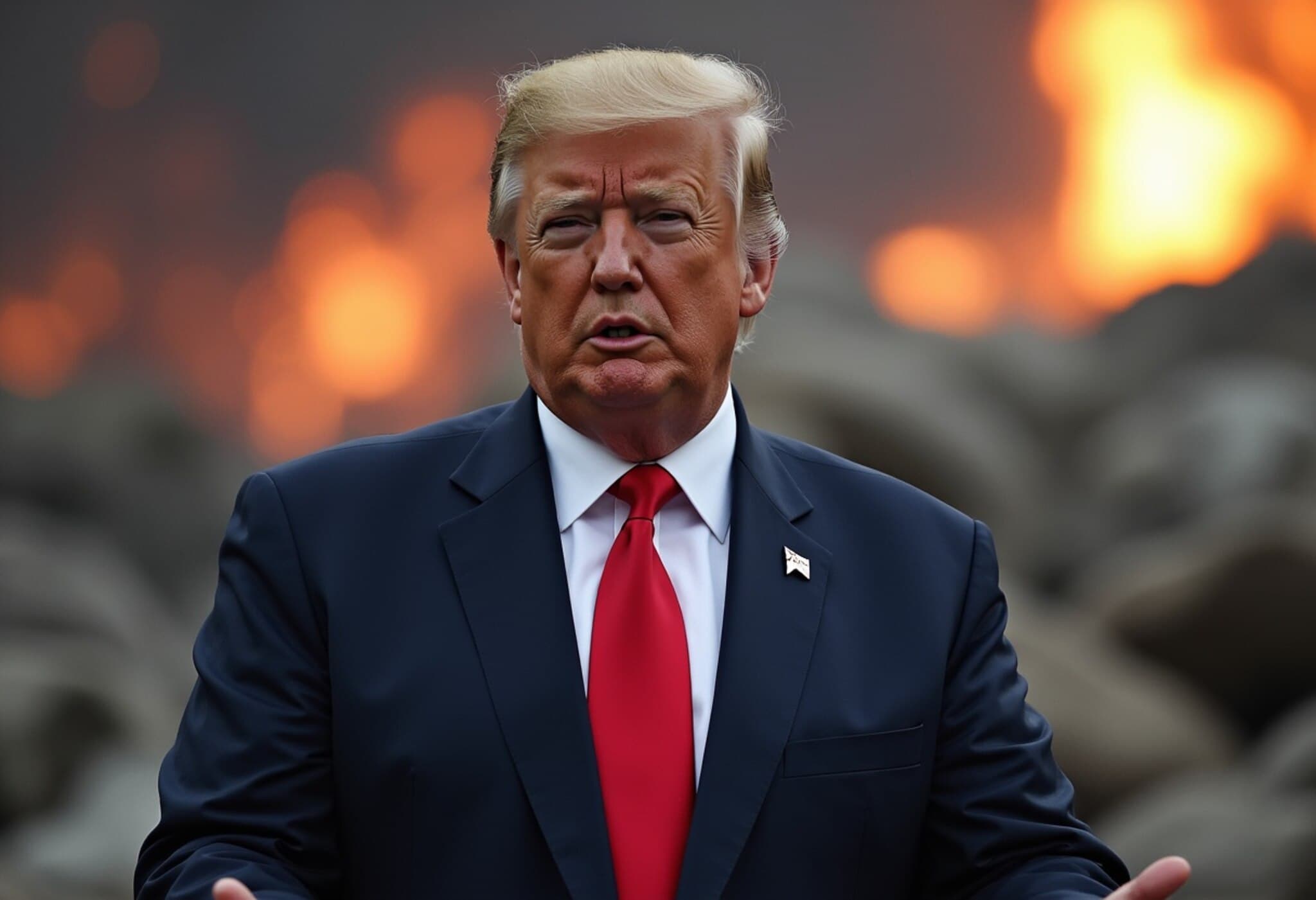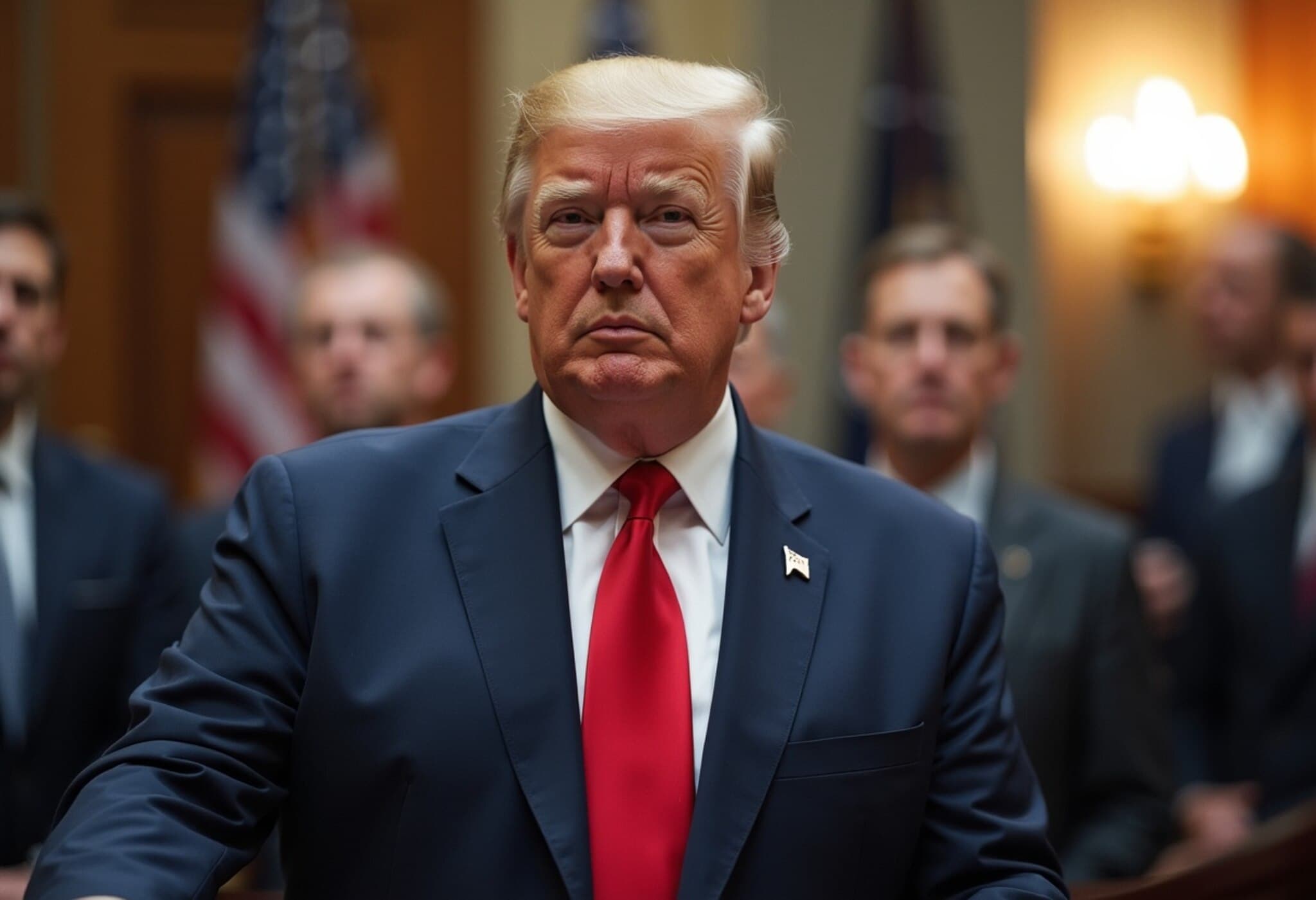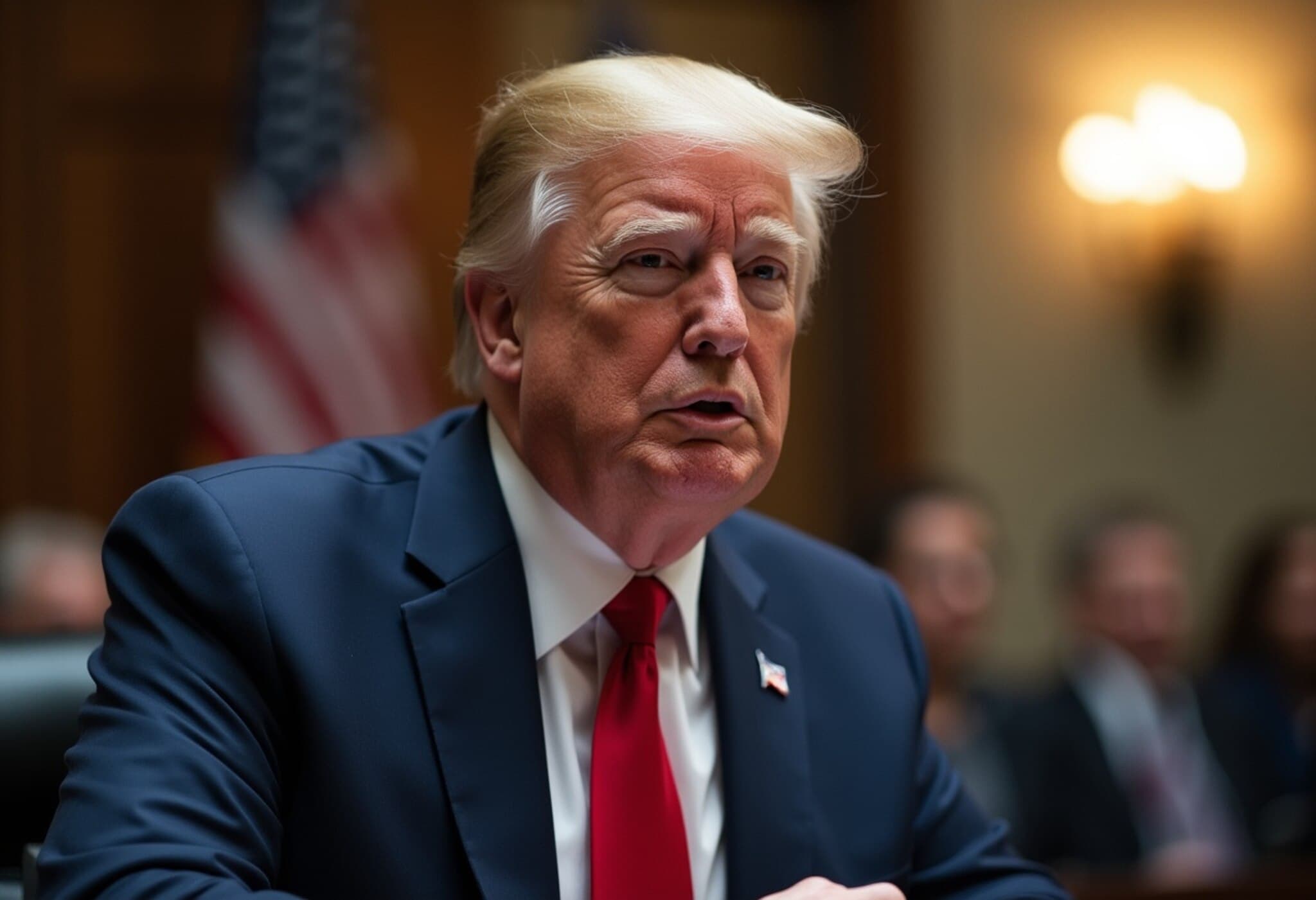Trump Asserts Iran’s Desire to Negotiate Amid Escalating Mideast Tensions
In a striking declaration on Wednesday, former US President Donald Trump stated that Iran is eager to engage in negotiations, reflecting the enduring volatility in the Middle East. Recounting the history of US military actions in the region, Trump emphasized, “We bombed the hell out of their various places,”
Context of US-Iran Relations and Recent Conflicts
Trump’s comments come against the backdrop of a protracted 12-day conflict between Iran-backed forces and Israel, culminating last month in what the former president described as a “complete and total” ceasefire. During the clashes, the US openly supported Israel, heightening tensions with Tehran and even reportedly threatening the life and political longevity of Iran’s Supreme Leader, Ayatollah Ali Khamenei.
Such rhetoric has increased fears of a wider regional conflagration, underscoring the fragile nature of stability in the Middle East.
Religious and Political Fallout in Iran
In response to the escalating threats, Iran’s leading Shiite cleric, Grand Ayatollah Naser Makarem Shirazi, issued a fatwa branding Donald Trump and Israeli Prime Minister Benjamin Netanyahu as "mohareb," or enemies of God. This designation carries severe implications under Iranian law, potentially paving the way for harsh penalties including execution or exile.
This religious decree intensifies the ideological battle lines and complicates diplomatic efforts to de-escalate conflict in the region.
Analyzing the Broader Implications for US Foreign Policy
Trump’s blunt assertions underscore a long-standing American approach toward Iran—combining military pressure with political brinkmanship. Experts warn that while such tactics may yield short-term leverage, they risk entrenching hostilities and undermining prospects for sustained peace.
- Regional Stability: Continued US-Iran animosity threatens to destabilize Afghanistan, Iraq, Syria, and Lebanon, where proxy conflicts have already caused widespread humanitarian crises.
- Global Energy Markets: The Strait of Hormuz, critical for global oil shipments, remains vulnerable during escalations, potentially causing spikes in energy prices worldwide.
- Diplomatic Channels: The lack of direct dialogue between Washington and Tehran hampers conflict resolution and encourages indirect confrontations through allies.
Underreported Perspectives and Questions Moving Forward
Amid this high-stakes diplomacy, voices within Iranian civil society and moderate political factions call for dialogue over war—perspectives often overshadowed in mainstream narratives. Additionally, the human cost of these conflicts on ordinary civilians frequently remains underacknowledged.
Key questions now loom:
- Can backchannel diplomacy pave the way for meaningful negotiations despite entrenched hostilities?
- What role should the US Congress and international organizations play in mediating and preventing further escalation?
- How will the global community address the humanitarian fallout arising from ongoing tensions?
Conclusion
Donald Trump’s recent remarks reignite debate over the US’s strategic posture toward Iran and the broader Middle Eastern crisis. As the region teeters on the edge of further conflict, nuanced understanding, regional cooperation, and renewed commitment to diplomacy remain more critical than ever.
Editor’s Note
While bold rhetoric often dominates headlines, the path to lasting peace in the Middle East demands patient dialogue and recognition of complex regional realities. Readers are encouraged to consider not just the geopolitical chess moves but also the human stories impacted by these tensions. How might international stakeholders balance power with empathy to prevent another cycle of violence?

